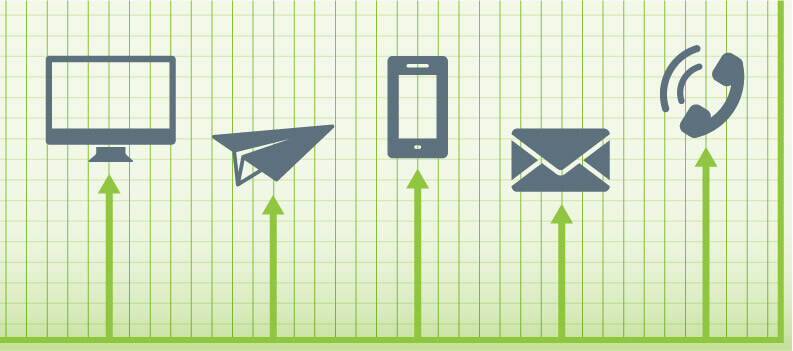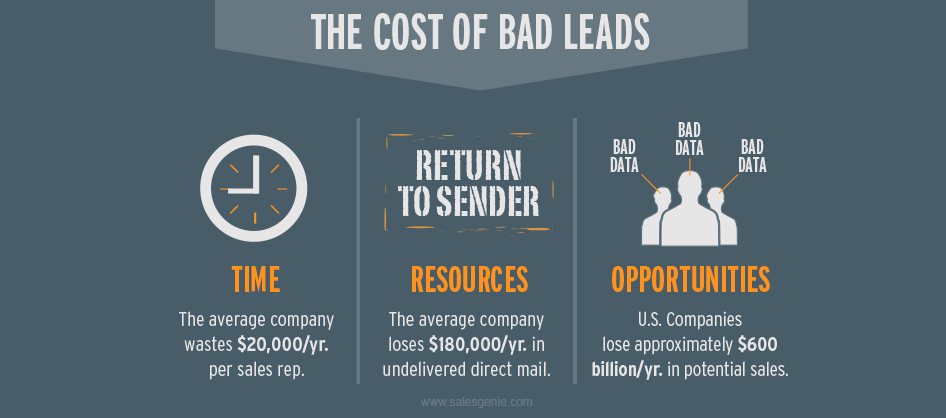Tell us about Clarity Quest. What’s your approach or philosophy on marketing?
Clarity Quest is a full-service marketing agency serving healthcare and technology companies – we have the capabilities and resources to handle everything from strategy and branding to graphic design and tactical campaigns. Our philosophy is simple: we recommend only the marketing strategies and campaigns that will help our clients reach and exceed their business goals, and we execute those strategies efficiently and professionally.
What are some of the unique needs of healthcare and technology companies when it comes to marketing?
Our healthcare and technology clients have highly technical products and services that require a deep understanding of a number of disciplines including engineering, life sciences, cloud computing, data management, medical imaging, health IT, higher education, software development, insurance, payment models, patient/provider relationships, predictive/prescriptive analytics and many more.
Healthcare and technology companies need marketing agencies that can speak their language and hit the ground running without a lengthy learning curve. They need marketing experts with technical and healthcare backgrounds who can quickly understand their industry, products, and services and recommend the best course of action.
Why is creating a marketing strategy not a one-size-fits-all proposal? How should different industries tackle creating strategies that will work best for them?
Marketing strategies are unique to each company. Even two similar-sized companies in the same industry selling the same products could require very different marketing strategies. That’s why our marketing strategy process is so comprehensive. We take the time to understand each company’s products, services, revenue, resources, customers, sales cycles, business and marketing goals, and past and current marketing investments.
The same holds true in any other industry. If you feel like a marketing agency is feeding you a generic, one-size-fits-all strategy, you should re-evaluate your decision.
In any industry, it’s important to first agree on your business goals and then map the marketing objectives and strategies to those goals, not the other way around.
What marketing techniques have you found to be most effective for your healthcare and tech clients? What don’t seem to work as well?
We ran the numbers to find out which tactics worked best for one of our healthcare software clients during a new product launch. With this client and others, we found that a mix of online and traditional channels works well. Search engine marketing (pay-per-click advertising and SEO) has proven to be an excellent driver of website traffic and revenue for many clients and our agency. Trade shows are still important for lead generation and reputation management, but can consume a large portion of the marketing budget. Other channels, such as public relations, may not be as effective for lead generation, but can play a major role in branding, company valuation, SEO and investor relations.
There really aren’t any bad marketing techniques. It’s just a matter of finding the right tactics and channels to meet the company’s business goals.
From your experience, how do sales prospecting methods vary across industries. For instance, how should a healthcare company tackle prospecting differently than a technology company? What should they do the same?
Healthcare prospects want all vendors to truly understand healthcare specifically. It’s very difficult to be a pure technology company selling into healthcare without any clinical experience. The sales cycle in healthcare is much longer than in general tech – for large system purchases it can take anywhere from 12 to 24 months to close a deal. And peer-to-peer references in healthcare are extremely important. In general tech, the sales cycles are shorter and a prospect in one vertical will usually accept a reference or case study in another similar, but not identical industry. Plus in general tech, companies are usually willing to take a chance on a startup – healthcare is much more conservative.
How should companies be measuring the success of any given marketing strategy or effort? What numbers should they look at? What numbers are less important?
The measurement methodology depends on the business and marketing goals established at the onset of the campaign. Before launching any new marketing effort, it is critical to get all stakeholders on the same page. All executives, decision makers, and marketing personnel should define and agree on:
-
- Business Goals (e.g. increase revenues, grow number of customers, get acquired, etc.)
- Marketing Goals (e.g. build brand awareness, increase number of leads, launch a new product, etc.)
- Measurement (e.g. sales, revenue, website traffic, etc.)
- How the marketing team/agency will be judged on success
Without agreement on all of these elements, it will be difficult to deem any marketing effort a success. While traditional marketing numbers such as website visits and email open/click rates are important to measure, at the end of the day the most important metric is sales conversions. Revenue is king.
What are some of your favorite marketing tools right now? Why do you like them?
It’s not a new tool, but Google Analytics is an indispensable tool for measuring and monitoring website traffic and behavior. Any business with a website needs to have a good understanding of Google Analytics to optimize for user experience and increase conversions.
For mid-market companies that need marketing automation, I like Act-On.
I also love Grammarly, a free proofreading tool. We all need a second (or third, or fourth) set of eyes on our work to ensure correctness and consistency. Automated tools are great, but don’t underestimate the power of a fellow human proofing your work, especially for readability.
What marketing headlines or trends are you following closely right now? Why do they interest you?
Account-Based Marketing: Identifying key organizations to target with strategic marketing and communications is a huge opportunity for enterprise companies. More companies are now using ABM in conjunction with inbound marketing, outbound marketing, and tightly aligned sales and marketing teams to win the business of the right clients.
Personalized Content Marketing: Our agency is getting heavily involved with personalized content in the form of videos that can be customized to each prospect.
2016 Presidential Election: While it’s not a marketing headline (although the race is full of crafty marketing and PR moves), the presidential election has a major impact on financial security, consumer confidence, and incentives to innovate – especially in the healthcare technology industry.
How has marketing evolved since you started your career? What will it look like in another five or 10 years? What tools and techniques are here to stay? What do you think will fall out of favor?
In terms of online marketing (where I spend much of my time) things have drastically improved in the last five years or so. Google has gotten better at weeding out the spam and black-hat websites from the organic results, allowing quality websites to rise to the top. Digital advertising has improved with better targeting criteria, more advanced features and more intuitive interfaces. Marketers are now using social media in appropriate ways to reach their audiences instead of tacking it onto every other strategy as an afterthought.
Within the next five to 10 years we will see an increase in personalization (of websites, emails, videos, etc.), prescriptive analytics and better tracking of prospects as they move online/offline.
I think marketing automation, pay-per-click advertising and search engine optimization are all here to stay, although they will surely evolve significantly and take on new forms over the next decade. With the emphasis on new technology and tools, the basics will become even more valuable. Marketers who deliver sound strategies, solid messaging and positioning, and intelligent revenue-based marketing will always be in demand.






